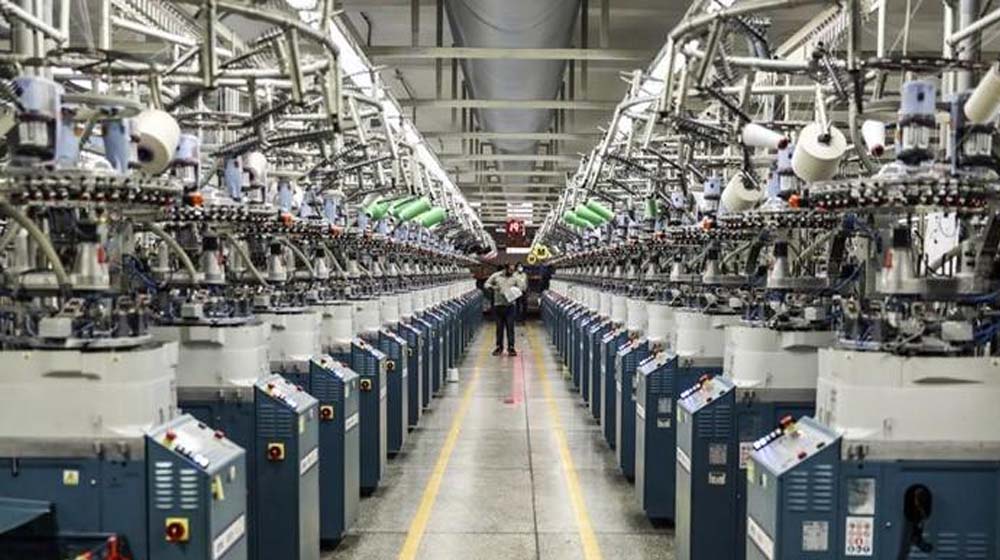Minister for Industries and Production, Khusro Bakhtiar, along with Minister for Information and Broadcasting, Chaudhary Fawad Hussain, announced that the government has approved a comprehensive Small and Medium Enterprises (SME) policy.
Khusro Bakhtiar, while addressing a press conference, said that the aim of SME policy is to strengthen the country’s industrial and manufacturing base, adding that the policy is aimed at extending facilitation and incentives to promote the growth of small and medium enterprises.
SMEs are the backbone of the economy as there are a total of 5.2 million SMEs in Pakistan, representing over 99% of the total business in Pakistan. They employ over 78% of the non-agriculture labor force and contribute 40% to GDP and 25% to exports.
An SME-led economic growth is inclusive, sustainable and addresses the structural issues in Pakistan’s economy by widening production and exports base and increasing the pace of new enterprise creation.
For the first time in Pakistan, an all-inclusive SME policy is being launched by the government that addresses all issues that hinder SME sector development together with a robust implementation mechanism. Even before approval of the SME policy by the cabinet, key initiatives on SMEs, i.e., access to credit, lowered tax regime, and regulatory simplifications, had been approved.
Here are the main features of the SME Policy 2021:
Reducing Regulatory Interference
The policy has introduced an inspector-less inspection regime. No NOC for startups and expansion for low-risk businesses will be required. Time-bound approval/NOC issuance for medium/high-risk SMEs will be issued in under 30 days. An e-inspection portal to monitor and self-verification of onsite inspection visits will be launched as well.
Tax Facilitation
The policy has reduced the tax liability by 60% to 83% for manufacturing sector SMEs of annual revenues of up to Rs. 250 million. The new one-page tax return form has been simplified. Currently, the tax exemptions are available to manufacturing sector SMEs and they will be extended to IT & ITEs and selected service sectors in near future.
Access to Finance
A collateral-free lending scheme that will benefit about 30,000 SMEs has been launched that will provide loans up to Rs. 10 million with lowered interest rates of 9%. Venture Capital regulations will be reviewed to support the growth of this sector for providing equity finance to startup SMEs including those in the IT &ITES sector.
Dedicated Industrial Infrastructure
4,200 acres (19,500 plots) in the industrial estates have been allocated for SMEs that will be available on easy installment. Plug-n-play infrastructure will be developed to provide utilities-ready infrastructures to SMEs.
Market Access
Regulations are being revised to allow greater SME participation in the public sector procurement of goods and services. TDAP will provide increased SME participation in international trade fairs and exhibitions.
Supporting Women Entrepreneurship
Women entrepreneurs will be supported as a special focus area including support for greater access to finance, awareness, training, and advisory services to meet tax and regulatory compliance requirements.
SME Registration Portal
An SME Registration Portal has been launched that will provide one-point access to all SME incentives and an SME Fund will be established with a total contribution of Rs. 30 billion, over a period of time for public sector investment in the SME sector.





















